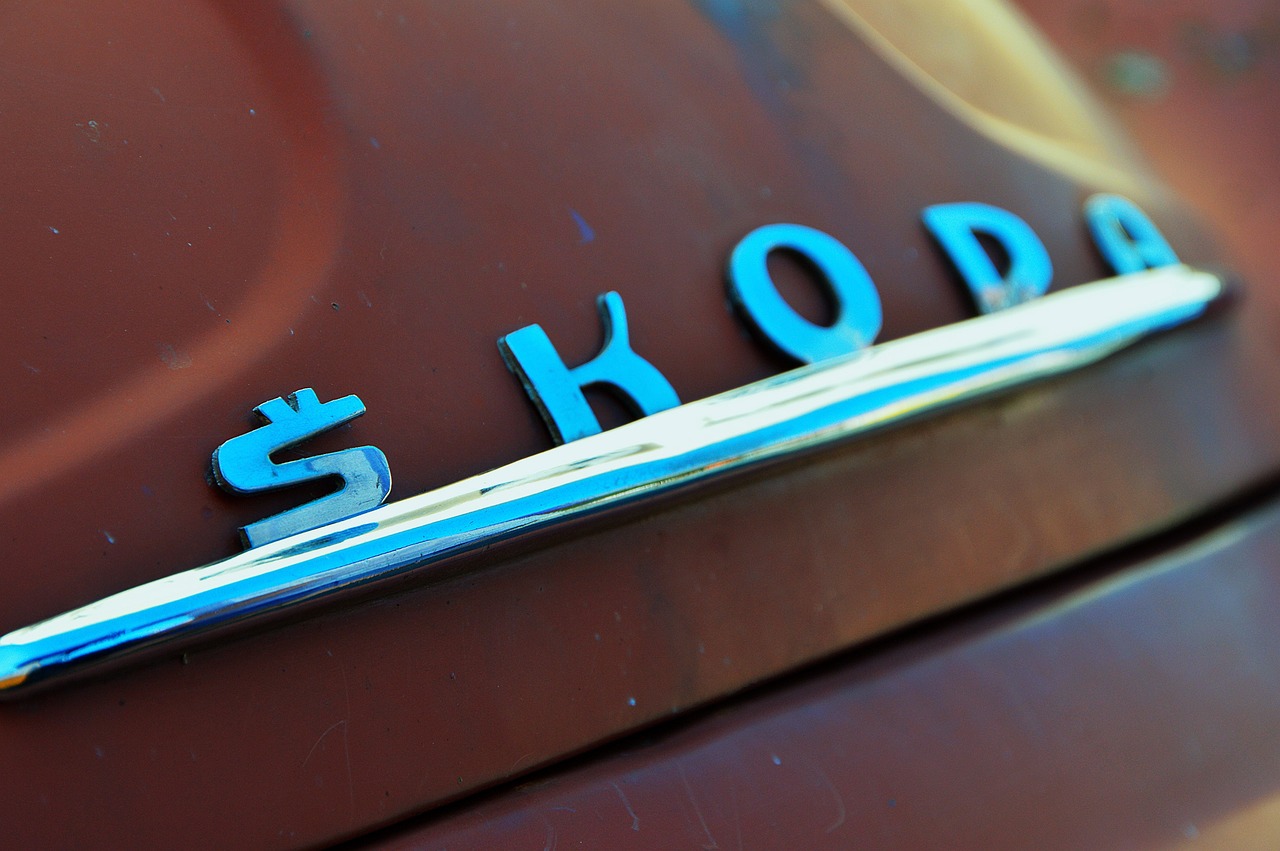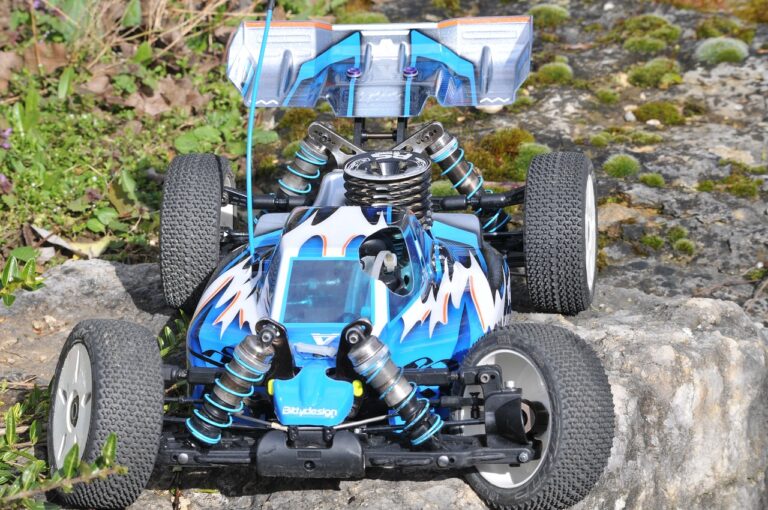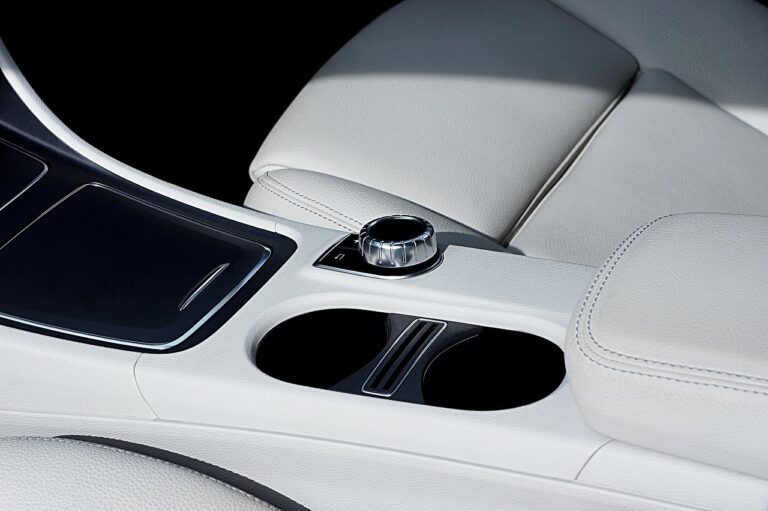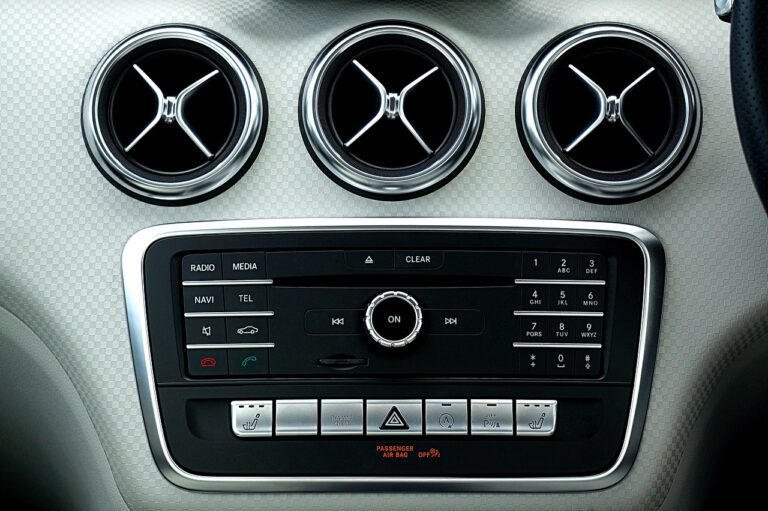The Evolution of Car Suspension Systems: From Leaf Springs to Adaptive Dampers
Shock absorbers play a crucial role in car suspensions by helping to control the impact and rebound of the springs. Initially introduced in the early 1900s, shock absorbers have evolved over the years to provide a smoother and more stable ride for vehicles. They work by converting kinetic energy into thermal energy, effectively damping the vibrations and movements of the suspension system.
The introduction of shock absorbers in car suspensions has greatly improved the overall ride comfort and handling of vehicles. By minimizing the effects of road imperfections and vibrations, shock absorbers contribute to a safer and more enjoyable driving experience. With advancements in technology and engineering, modern shock absorbers are now designed to be more efficient, durable, and adaptable to different driving conditions.
Development of Torsion Bars for Vehicle Suspension
Torsion bars have been a widely used component in vehicle suspensions for many years, providing an effective means of absorbing and distributing the forces generated during driving. The development of torsion bars for vehicle suspensions has played a crucial role in enhancing the overall ride quality and handling of cars, trucks, and other vehicles. By using the principle of twisting a bar to absorb shocks and vibrations, torsion bars offer a reliable and efficient alternative to traditional coil spring suspensions.
One of the key advantages of torsion bars is their ability to provide a more consistent ride quality compared to other suspension systems. The torsion bar’s design allows it to adjust and adapt to varying road conditions, ensuring stable handling and minimal body roll during cornering. Additionally, torsion bars are known for their durability and longevity, making them a cost-effective solution for vehicle manufacturers looking to improve suspension performance without compromising on reliability.





